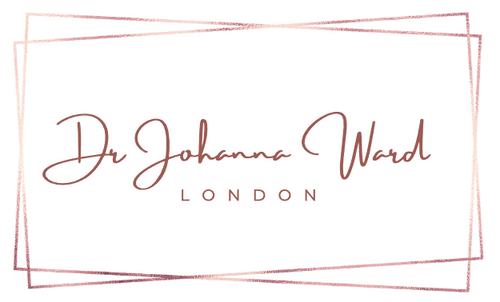What are the key factors in skin ageing?
The Skin begins to age from the mid 20’s onwards. It is a slow and gradual process that sees the three key components of the skin decline: collagen, elastin and hyaluronic acid.
Collagen
Collagen is the supportive structure that gives skin its strength and density. It is a protein that acts like ‘cellular glue’ in that it helps keep tissues healthy and strong. It is depleted at a rate of 1% per year from our late 20’s onwards. Ultraviolet radiation from the sun is responsible for a large amount of this depletion. Genetics, free radical damage, smoking, lifestyle and environmental exposure are also factors in the loss of collagen.
Elastin
Elastin is a glycoprotein that gives our skin its elasticity and allows it to keep its shape. Strong elastin fibres help keep the skin tight and taut and allow it to snap back into shape if pulled or stretched. Levels peak in adolescence and early adulthood and then decline thereafter. In adulthood we have a much reduced capacity to produce new elastin and elastin fibres themselves lose their resilience so the skin cannot bounce back as much. With declining elastin the skin begins to sag.
Hyaluronic Acid
Hyaluronic acid is a water binding glycosaminoglycan that acts like a large sponge and allows our skin to bind its moisture. One molecule can hold 1000 times it weight in water. Youthful skin can hold lots of water and as a result looks plump, well hydrated and luminous. As we age our levels of hyaluronic acid deplete so the skin loses its water binding capacity. As a consequence the skin becomes dry, less hydrated and shows more wrinkles.


Collagen & elastin are known as the YOUTH proteins. They are made by a cell called the fibroblast in the papillary dermis (deeper layer of the skin). Together they give our skin its strength, structure and support. Advanced skincare can promote collagen renewal through fibroblastic stimulation and activation and can help renew and strengthen the vital proteins of collagen and elastin.
Skin Cycle: The skin cycle slows down as we age. In our youth the skin renews itself every 4-6 weeks. This renewal process allows dead skin cells to slough off and new skin cells to come to the surface, leaving the skin radiant and fresh. As we age the skin cell turnover cycle slows to about every 2-3 months. This can leave the skin looking dull and lacklustre as dead skin cells sit redundantly on the skin’s surface.
Photodamage: Chronic exposure to the sun’s ultraviolet rays (UVA & UVB) can leave irregular and hyperpigmented marks on the skin. Freckles, sun spots and pigmentation all make the skin look older than it is and are all a result of overexposure to the sun.
What can you do?
- Cleanse the skin daily to unblock pores and remove cellular debris. Double cleanse when wearing makeup.
- Tone the skin after cleansing to remove further debris and to rebalance the skin.
- Protect your collagen & elastin from UV damage with a broad spectrum sunscreen daily.
- Use antioxidants daily to neutralise free radical damage.
- Exfoliate the skin with AHA’s(e.g. glycolic acid) and BHA’s (salicylic acid) for renewal & radiance.
- Fortify the skin with nourishing & stimulating ingredients e.g.retinol, niacinamide, vitamin C, Vitamin E etc.
- Hydrate the skin with Hyaluronic Acid/Sodium Hyaluronate serums.
- Repair the skin with Vitamin A based technology (retinols).
- Use ZENii Vitality supplements alongside your skincare for ultimate cellular strength & support.
ZENii Product Range
We have done the hard work for you and have created skincare ranges that are results driven and intelligent. They contain all of the latest clinically proven ingredients and nutrients to help slow the ageing process. Our skincare has been designed to help support collagen, elastin and hyaluronic acid levels and to protect, nourish, fortify and repair your skin.



